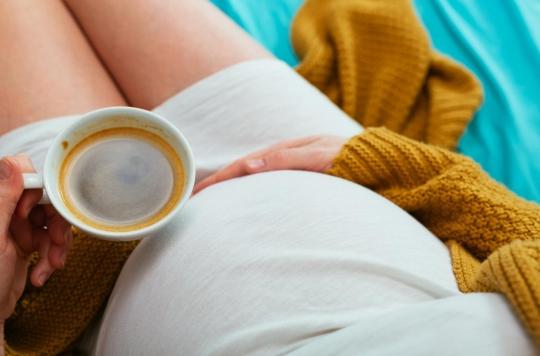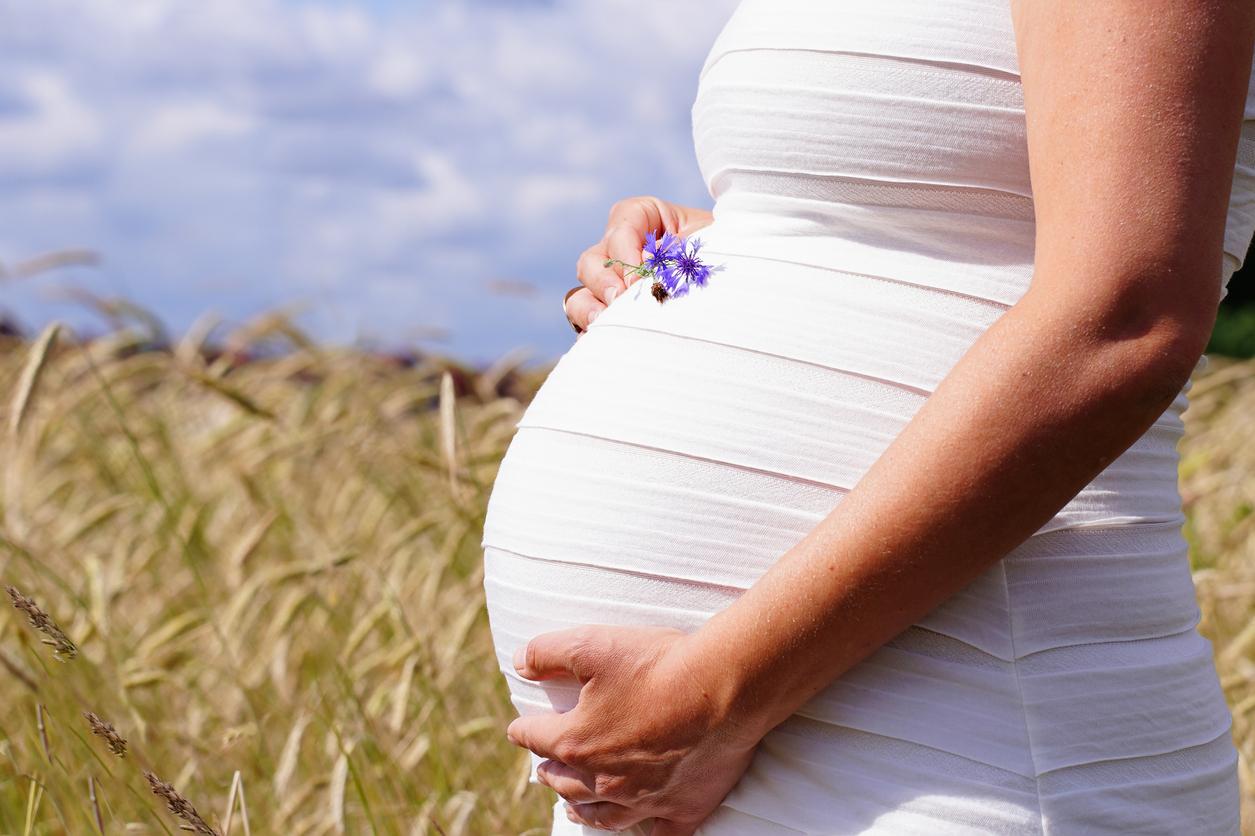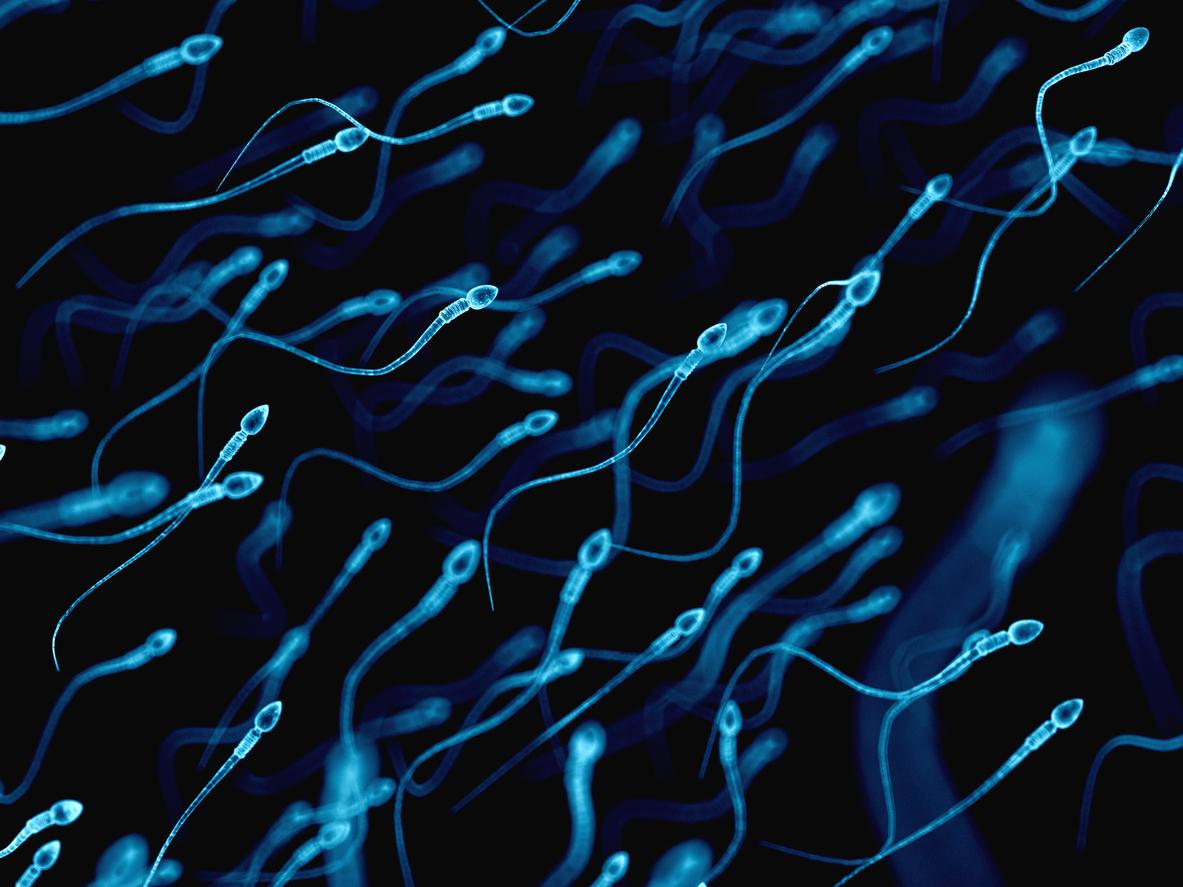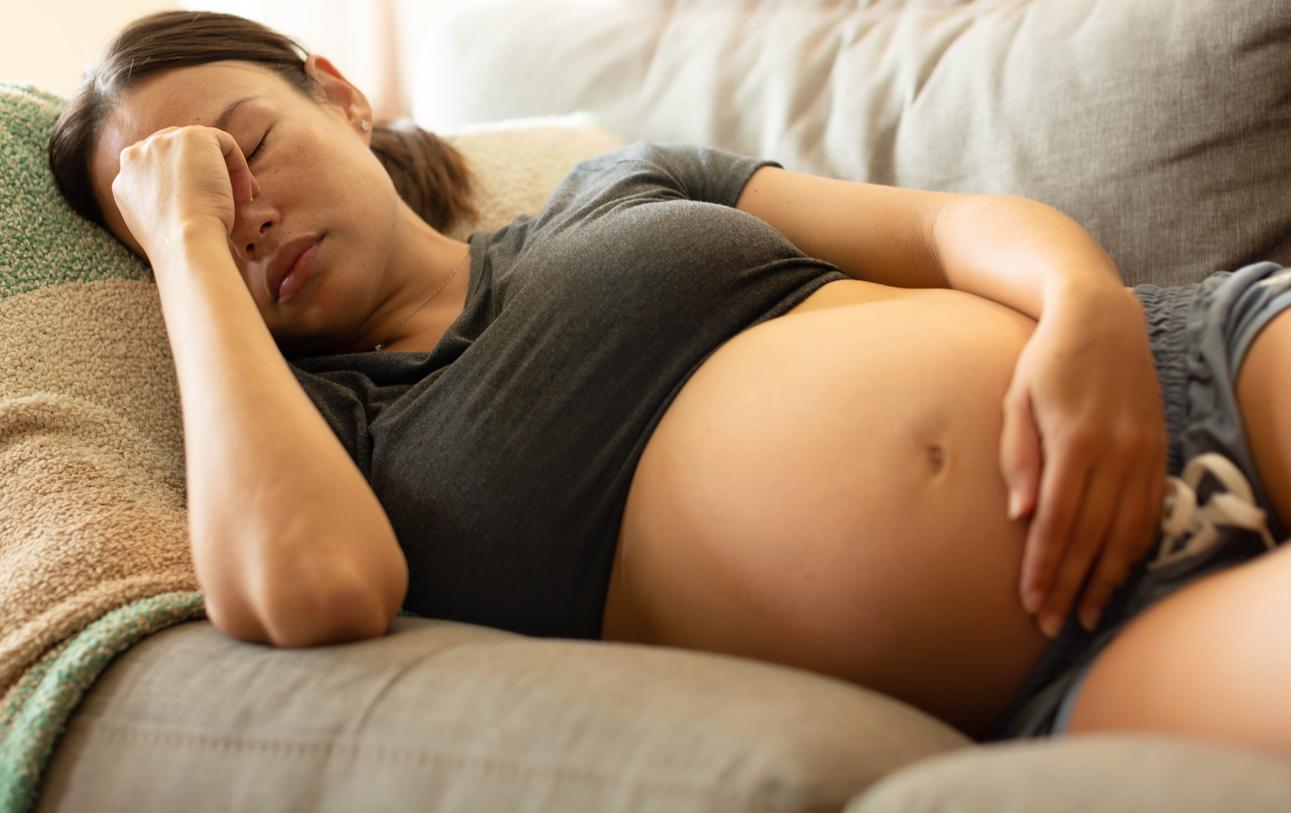Expectant mother’s coffee consumption during pregnancy is associated with reduced child height.

- During pregnancy, pregnant women should not consume more than 300 mg of coffee per day, the equivalent of 3 to 4 cups.
- The molecule of caffeine and paraxanthine are able to cross the protective barrier of the placenta.
“Consuming high amounts of coffee during pregnancy is linked to reduced birth size, but potential associations with infant growth are unclear,” American scientists said. To examine the link between pregnant women’s coffee consumption and child growth, they conducted a study published in the journal JAMA Network Open.
Coffee: comparing two groups of pregnant women with different consumption
As part of this work, the researchers analyzed two cohorts. The first research, carried out between 2009 and 2013, included expectant mothers who consumed little coffee (less than 50 mg per day). As for the second, which was carried out between 1959 and 1965, it was conducted among pregnant women who drank about two cups of coffee a day. “Concentrations of caffeine and its main metabolite, paraxanthine, were quantified in plasma and blood collected during the first trimester”, the team said. She also measured the height of the participants’ children at ages 4 to 8.
Drinking coffee during pregnancy reduces child height
According to the results, at the age of 4 to 8 years, children of women with high coffee consumption during pregnancy were smaller than infants whose mothers drank little coffee during gestation. The gap widened with each successive year of age (-0.16 and -0.37 at ages 4 and 8, respectively). “At ages 5 to 8, slight weight reductions were observed in children whose mothers drank a lot of coffee,” can we read in the study.
“Although the clinical implications are unclear for the relatively small differences observed, these results suggest that low daily caffeine intake by the mother was associated with shorter height in their offspring that persists through childhood.”the authors concluded.

















